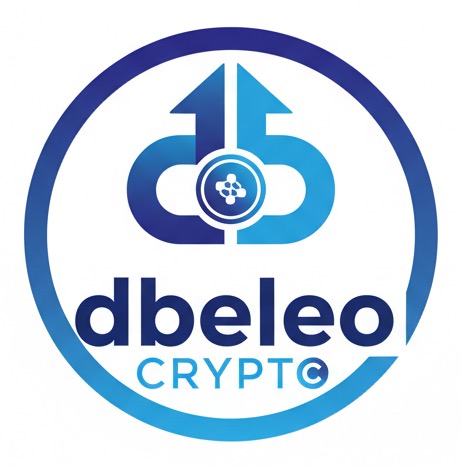Zero-Knowledge Proofs (ZKPs) are emerging as one of the most influential technologies reshaping blockchain, cybersecurity, and digital identity. As data privacy becomes a global priority and decentralized applications scale, ZKPs offer a new way to prove the validity of information without revealing the information itself. This capability is unlocking improvements in privacy, performance, and trust across industries.
Also read: Emerging Blockchain Trends in 2026: A Developer’s Guide
What Are Zero-Knowledge Proofs?
Zero-Knowledge Proofs are cryptographic methods that allow one party to prove that a statement is true without disclosing the data behind it. Instead of sharing sensitive information, a mathematical proof confirms the accuracy of the statement.
For example, you can prove you are old enough to access a service without revealing your exact age or identity documents.
Why Zero-Knowledge Proofs Matter
Privacy Protection
ZKPs enable secure verification while keeping data fully private, solving one of the biggest challenges in public blockchains and digital services.
Scalable Blockchain Performance
Modern ZKP systems compress complex transactions into small proofs, reducing network load and enabling faster, cheaper, and more scalable blockchain networks.
Real-World Adoption
ZKPs are already used in blockchain rollups, identity authentication, financial compliance, supply-chain tracking, and voting systems. They are now a practical and deployed technology, not just a research concept.
How Zero-Knowledge Proofs Work
zkSNARKs
Fast verification and compact proofs, ideal for blockchain scaling and private transactions.
zkSTARKs
No trusted setup, highly transparent, and considered more secure against future threats like quantum computing.
Bulletproofs
Efficient for confidential transactions without requiring a trusted setup.
ZK-Rollups
A scaling method that processes thousands of transactions off-chain while submitting a proof on-chain. This increases throughput and decreases fees while maintaining security.
Benefits for Developers, Businesses, and Users
For Developers
Efficient verification for decentralized applications, support for high-volume rollups, scalable privacy layers, and secure multi-party computations.
For Businesses
Regulatory-compliant privacy, reduced data breach risk, enhanced trust in digital services, and the ability to share sensitive information securely.
For Users
Stronger protection of identity, private transactions, and safer digital interactions.
Major Use Cases
Blockchain
Private transfers, scalable rollups, cross-chain verification, and decentralized identity solutions.
Finance
Confidential lending, private transaction validation, and privacy-preserving compliance.
Healthcare
Secure sharing of medical data without exposing patient information.
Government
Anonymous but verifiable digital voting and private access to public services.
Artificial Intelligence and Data Science
Private machine learning and verifiable computation without revealing training data.
Also read: Top Crypto Exchange and Wallet Apps in the US
Future Outlook
From 2025 to 2030, Zero-Knowledge Proofs are expected to become a core layer of digital infrastructure. As governments adopt digital identities and blockchain networks depend more heavily on rollups, ZKPs will power the next era of privacy, scalability, and secure computation. Improvements in proving speed and hardware acceleration will make ZKPs even more accessible to mainstream applications.
FAQ
What is a Zero-Knowledge Proof?
A method to prove something is true without revealing the underlying data.
Are Zero-Knowledge Proofs secure?
Yes. They are based on advanced cryptography and used in security-critical systems worldwide.
What is the difference between zkSNARKs and zkSTARKs?
zkSNARKs require a trusted setup and are highly efficient, while zkSTARKs require no trusted setup and offer enhanced transparency and scalability.
Do Zero-Knowledge Proofs make crypto fully anonymous?
They significantly increase privacy, but the level of anonymity depends on the implementation.
Are ZKPs expensive to compute?
They used to be, but modern proving systems and rollup technologies have made them much more efficient.
Where are ZKPs used today?
Blockchain rollups, identity verification systems, privacy coins, auditing tools, and secure voting platforms.






